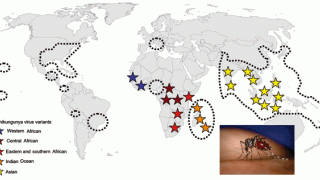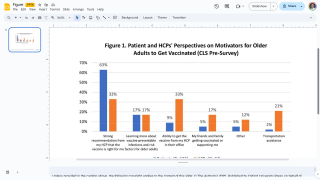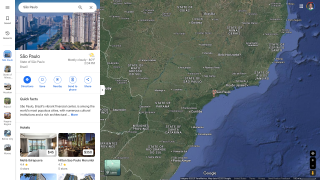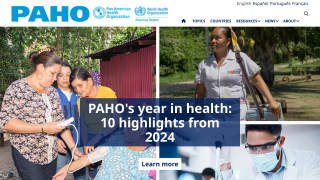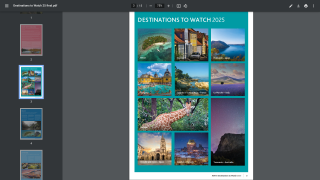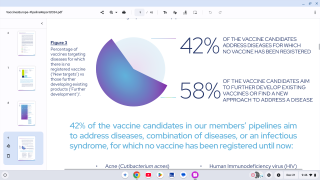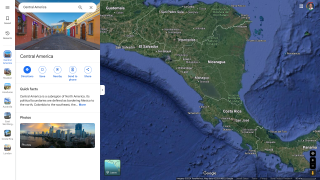Costa Rica Travel Advisory Issued
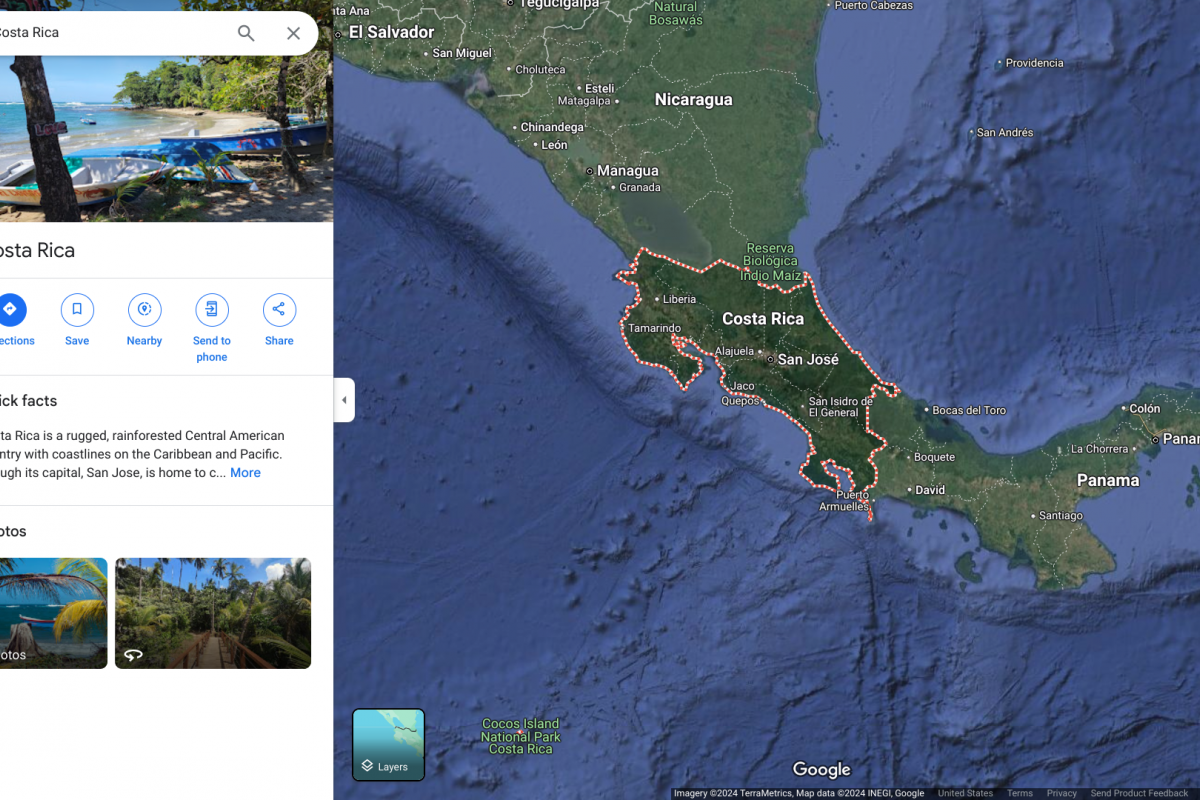
The U.S. Department of State today issued a Level 2: Exercise Increased Caution, Travel Advsiory for the Republic of Costa Rica.
As of December 10, 2024, the State Department confirmed that visitors to Costa Rica should exercise increased caution due to various crimes targeting tourists.
If you travel to Costa Rica, enroll in the Smart Traveler Enrollment Program to receive digital aalerts, making locating you in an emergency easier. Additionally, the U.S. Embassy in San José is located at Calle 98, Via 104, Pavas.
This advisory provides essential information for Costa Rica's expanding tourism industry. Over 1.5 million tourists visited Costa Rica in early 2024, a 14% increase from the same period in 2023.
From a health perspective, mosquito-transmitted Chikungunya, Dengue, Malaria, and Zika viruses have been confirmed and vary by location in 2024. For example, there have been:
Over 29,700 Dengue cases, 40 Chikungunya infections, and 25 Zika cases have been reported this year, primarily in Costa Rica's mountains.
"Zika, Chikungunya, and Dengue Mosquitoes (Aedes aegypti and Aedes albopictus) generally bite from Dawn to Dusk each day," commented Duellyn Pandis, DNP, MS, APRN, FNP-C, Certificate in Travel Health®.
"They may also be active in well-lit areas. They prefer to bite legs, hands, faces, necks, and ears. Protect yourself using appropriate repellants such as DEET and Permethrin for those diseases that are not vaccine-preventable," added Pandis, President & CEO of Passport Health of Tampa Bay.
The U.S. CDC suggests that future visitors to Costa Rica speak with a travel vaccine expert at least one month before traveling abroad about disease protection options. Travel vaccines are available in health clinics and pharmacies in 2024.
Our Trust Standards: Medical Advisory Committee

